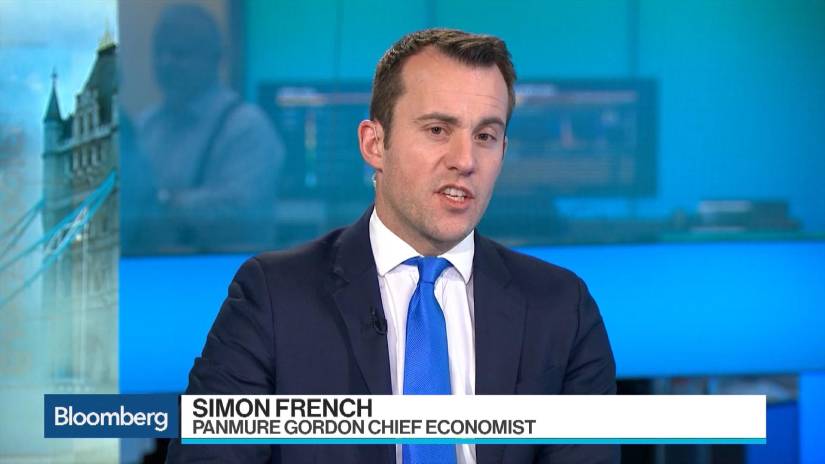COVID-19, remote working and UK productivity
August 17, 2021
Simon French (pictured) examines the relationship between COVID-19 and remote working on productivity. He is Chief Economist of corporate investment bank Panmure Gordon. He is a frequent guest on BBC, Sky and Bloomberg, and has a background in microeconomic analysis.
Last November, Simon wrote an article for The Times, titled: ‘Pandemic may yet help to solve the conundrum of poor national productivity’.
Perceived wisdom is that that COVID-19 has been a disaster for UK productivity. Informal workplace networks have been broken or heavily stunted. Skills transfers between teams have been frustrated by the mute button and dodgy broadband. Distractions, including home schooling and unsuitable shared spaces, have hampered innovation and creativity.
However, even in the teeth of a global pandemic that has presented such a myriad of challenges, there is hope. Out of necessity the UK workforce has had to adapt – in large part by leaning on technology that pre-pandemic many were slow to adopt. We know from extensive research that the most productive companies ahead of the pandemic had a high level of digital skills. For almost a year many workers have had forced immersion in an online-only workplace. Unplanned – but highly beneficial – on-the-job digital training has been one of the side-effects of COVID-19. To believe there won’t be a positive spill over for years to come is overly pessimistic.
The challenge for employers – once the workplace returns to a degree of normality – will be how to propagate that immersive digital experience into a more productive long-term environment. The answer will be different for each employer, but two themes are likely to be common.
Firstly, as workforces churn and new joiners arrive there will be less pre-pandemic “muscle memory” in each business. This puts the onus on encouraging interactions between colleagues that have embraced remote working – and hope to continue it – with those newly arrived. The emergence of core days within the working week is one trend employers are increasingly considering.
Secondly, productivity improvements often rely on workers and the capital that supports them being more than the sum of their parts. In a homogenous workplace like an office, it is a straightforward exercise to see where changes to the mix of labour and capital can improve efficiency. If the post-COVID workplace is to be far more heterogeneous then the solutions must be more bespoke – and tailored to individual circumstances. This puts greater onus on sharing of data between employer and employee – with all the implications for privacy and transparency that this entails.
COVID-19 could prove to be an unexpected shot in the arm for UK productivity. Yet, it will be employers who manage those opportunities the smartest that will yield the biggest dividends.

